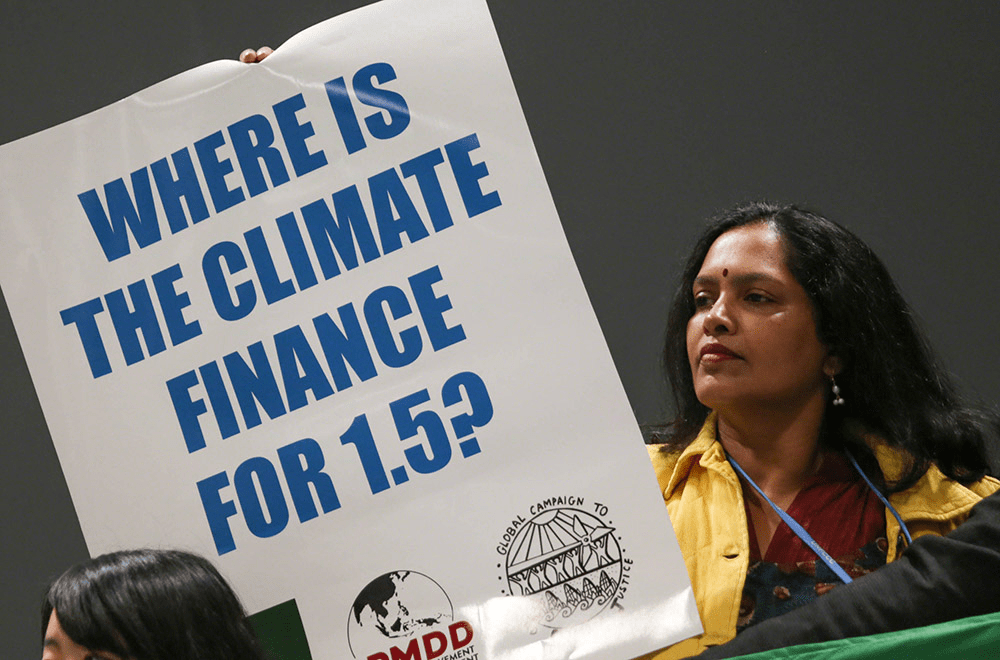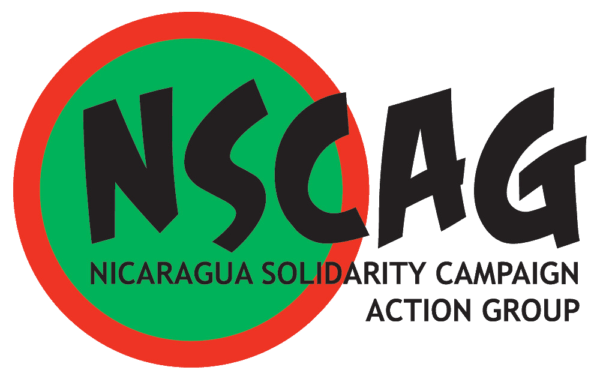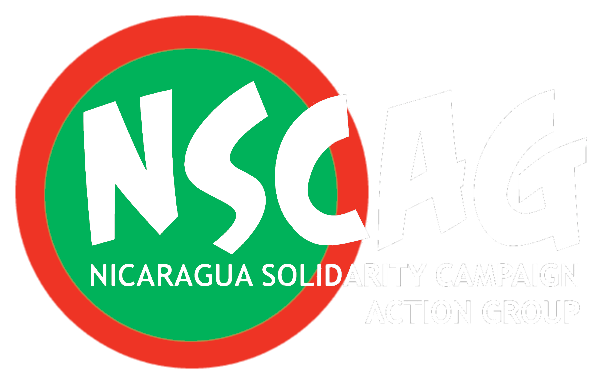Nicaragua Solidarity Campaign Action Group
2 February 2021
Nicaragua, COP26, Climate Justice and Reparations

In the lead up to COP26 in November this year, the Nicaraguan representative Dr Paul Oquist, argues that the high level of social and economic destruction caused by Covid-19 and its impact on humanity will be ‘small, transient and recoverable’ compared with the potential total, irreversible destruction of the climate crisis.
This is a view now shared by millions across the globe.
Climate injustice is inseparable from social and economic injustice
Countries of the Global South, such as Nicaragua, have been impoverished by colonialism and centuries of subjugation to the needs and wants of the North. The resulting climate injustice is therefore inseparable from the multiple forms of social and economic injustice and inequality between and within nations.
In the case of the climate crisis, countries of the Global South – such as Nicaragua – and their most marginalised citizens suffer the most severe consequences of climate extremes for which they bear least responsibility. These countries also lack the resources to confront the violence of poverty, the violence of Covid-19 and violence of the climate crisis.
Climate Justice and reparations for loss and damage
COP13 in Warsaw agreed the ‘Warsaw International Mechanism for Loss and Damage’ which acknowledges that “loss and damage associated with the adverse effects of climate change includes, and in some cases involves, more than that which can be reduced by adaptation.’
An Alliance of Small Island States and Least Developed countries argued a long standing claim for reparations for the disproportionate loss and damage they had suffered. However, this was strongly resisted by developed countries, especially the US, and the final agreement focuses on ‘enhancing knowledge and understanding’ and ‘strengthening dialogue and coordination’, and ‘capacity building’.
The Paris Agreement 2015 (COP21) fudges the issue of loss and damage
Nicaragua initially refused to sign the *Paris Agreement arguing that ‘doing so would mean being complicit to an Agreement that would lead to a catastrophic three degree increase in global warming because ‘ the largest polluters lack the political will and ambition to address the most pressing issue facing the planet and humanity’.
Instead of apportioning blame to the largest polluters, COP21 invented the concept of universal responsibilities which effectively meant that ‘we are all responsible for climate change and we all have to contribute to the solution’. This nullified the concepts of historic responsibilities and common but differentiated responsibility central to the UN Convention on Climate Change.
Although the Paris Agreement provides for the continuation of the Warsaw International Mechanism it explicitly states that its inclusion “does not involve or provide a basis for any liability or compensation”. The inclusion of this clause was the condition on which developed countries, particularly the United States, agreed to a reference to loss and damage.
This meant that there was no apportioning of blame on the largest polluters, including the UK, historically responsible for the highest levels of emissions. In effect this means forcing countries of the Global South to bear the cost of climate extremes through loss of lives, livelihoods and environmental destruction.
After COP21 Paul Oquist stated: ‘The Paris outcome is similar to the rescue by governments of the banks which caused the 2008 financial and economic crisis, passing the bill for the crisis on to workers, pensioners and taxpayers. In Paris, the rescue was of the COP21 governments which have caused global warming, passing the cost to those least responsible who will die in the largest numbers unable to make good their losses, much less adapt to a change in climate increasing in intensity as the century wears on.’
COP26 in Glasgow, November 2021
In the lead up to COP26, Nicaragua is advocating that leaders of countries such as the UK, who are most responsible for causing the crisis, must recognise and act on their historic responsibility to provide reparations in the form of climate finance.
Loss and damage must be raised to the same level as mitigation and adaptation.: this is what would constitute climate justice.
For countries such as Nicaragua, this finance is critical to enable them to change their energy matrix to renewables, to finance extensive reafforestation, to put in place other emission reduction measures, and to meet sustainable development goals, particularly in poverty reduction.
Nicaragua is also calling for an international green alliance which would bring together developed and developing countries to confront the climate crisis.
*Nicaragua ratified the Paris Agreement in 2017 after finding itself – for completely opposite reasons – in a club of two with the Trump administration.

